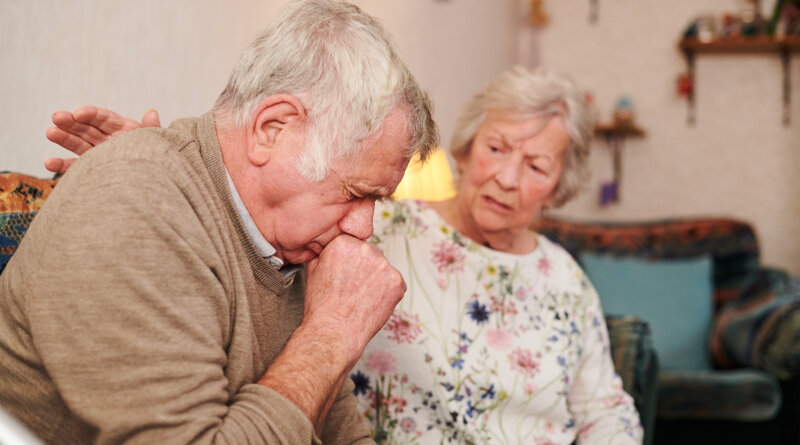Do All Seniors Need Same Coronavirus Precautions?
Tuesday, March 24, 2020 (Kaiser News) — She knew it wasn’t a good idea and her daughter would disapprove. Nonetheless, Barbara Figge Fox, 79, recently went to four stores in Princeton, New Jersey, to shop for canned goods, paper towels, fresh fruit, yogurt, and other items.
“I was in panic mode,” said Fox, who admitted she’s been feeling both agonizing fear and irrational impulsivity because of the coronavirus pandemic.
Susannah Fox, Barbara’s daughter, had been warning her exceptionally healthy mother for weeks of the need to stay inside as much as possible and limit contact with other people. Everyone age 60 and older is at high risk of complications from COVID-19 and should adopt these measures, the Centers for Disease Control and Prevention recommends.
“At one point, when I was pushing her to limit her activities, my mother said defiantly, ‘Well, I’m going to die of something,’” said Susannah, an adviser to health care and technology companies. “And I said, ‘Well, that’s true, but let’s not rush it.’”
Are precautions of the sort the CDC has endorsed really necessary, even in areas where the new coronavirus doesn’t yet appear to be circulating widely? What about disease-free adults in their 60s and 70s? Do they need to worry about going to a restaurant or a friend’s house for dinner? Are all outside activities ill-advised?
I asked several geriatricians for their advice. All cautioned that what they told me could be upended by unforeseen developments. Indeed, over the past week, the governors of about a dozen states — including California, Delaware, Illinois, Indiana, Louisiana, Michigan, New Jersey, New York, Ohio, Oregon and Washington — have told residents, and not just older adults, to stay inside, in an aggressive effort to stem the spread of the coronavirus.
Here’s what geriatricians think is reasonable, and why, at the moment:
Know the odds. Current warnings were originally based on data from China, which has reported that 80% of deaths from COVID-19 occurred among people age 60 and older.




